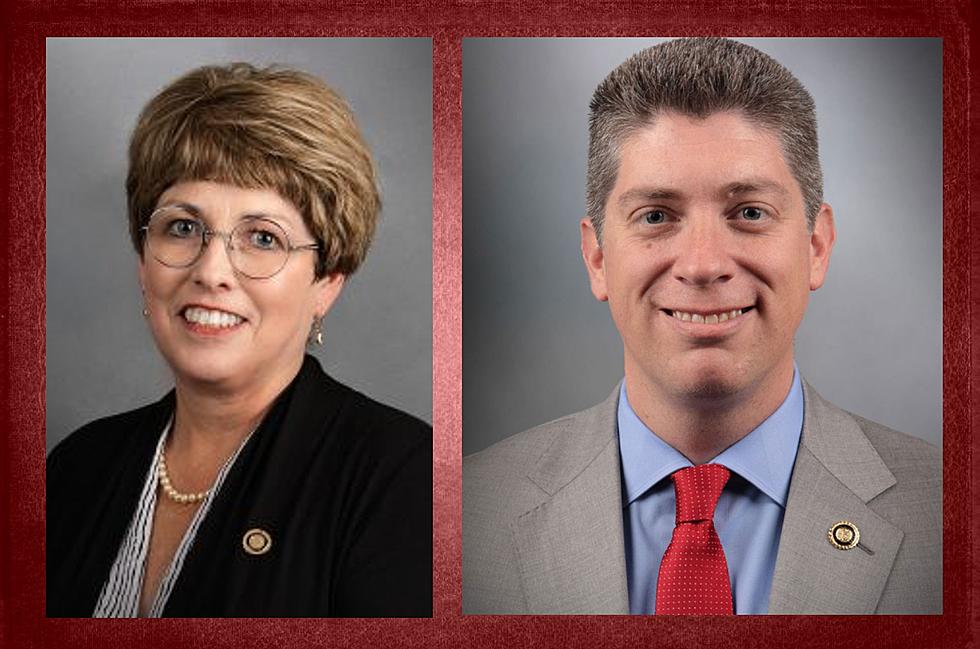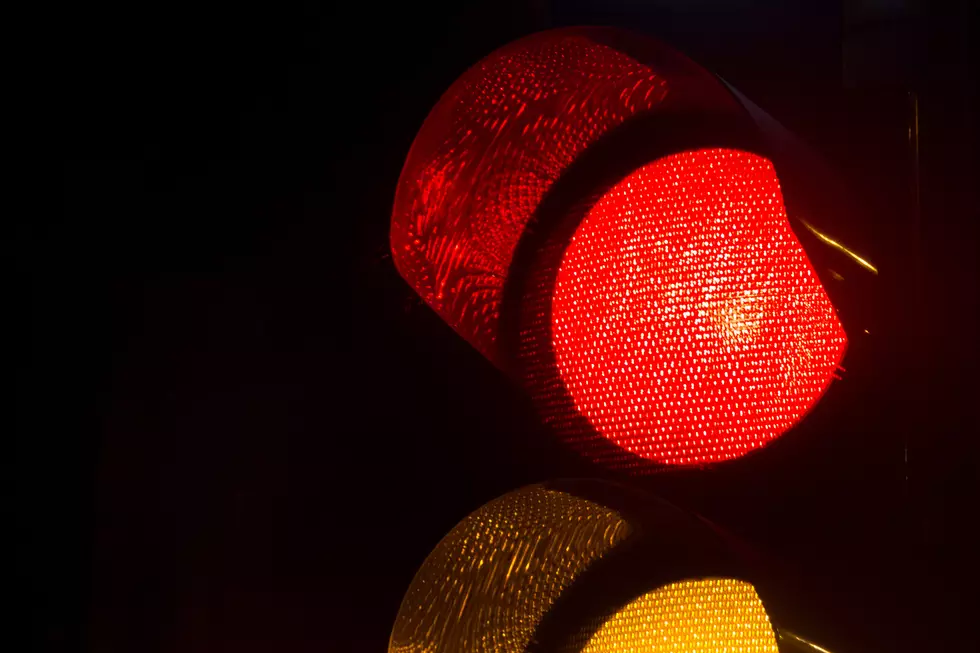
Missouri Lawmakers Try to Limit Public Access to Records
Missouri House members are trying to exempt themselves from part of a voter-approved requirement that says their work emails are public records.
Republican House Majority Leader Rob Vescovo’s proposed change to the House’s internal rules would make some of representatives’ records confidential, including any that contain “caucus strategy.” The proposal, which is expected to come up for debate Tuesday, would also exempt emails with constituents and other related constituent records.
Vescovo was not immediately available to comment to The Associated Press about the proposal , but House Minority Leader Crystal Quade said Democrats would try to amend the plan. She noted that statewide elected officials have been subject to Missouri’s Sunshine Law for years — and House Democrats voluntarily complied.
The suggested changes come just months after Missouri voters in November overwhelmingly approved Constitutional Amendment 1 . Known as “Clean Missouri” by its supporters, the measure added lawmakers to a long list of public officials who were already subject to the state open-records law, which grants the public access to government documents.
Quade said there haven’t been issues with constituents’ personal information being released under House Democrats’ practice to comply with the open-records law. She noted that social security numbers and other personal information can be redacted under the current policy.
“My concern is that we’re going in through the rules trying to undo the ballot initiative that voters very overwhelmingly told us they wanted, which is a transparent government,” Quade said Monday.
Clean Missouri campaign director Sean Nicholson said constituents’ information should be protected. But he raised concerns with lawmakers carving out exemptions for themselves that wouldn’t be allowed for other government bodies, such as city councils, school boards or the governor.
He said the Missouri Constitution “requires representatives to follow the generally applicable state laws governing public access to public records, including the Sunshine Law.”
“If the House starts crafting special exemptions for itself, that violates the plain text of the reforms that voters just approved by a 2-to-1 margin,” he said.
More From AM 1050 KSIS




![Look: This Abandoned Missouri Hospital Will Creep You Out [Pic]](http://townsquare.media/site/466/files/2023/04/attachment-AbandonHospital.jpg?w=980&q=75)




